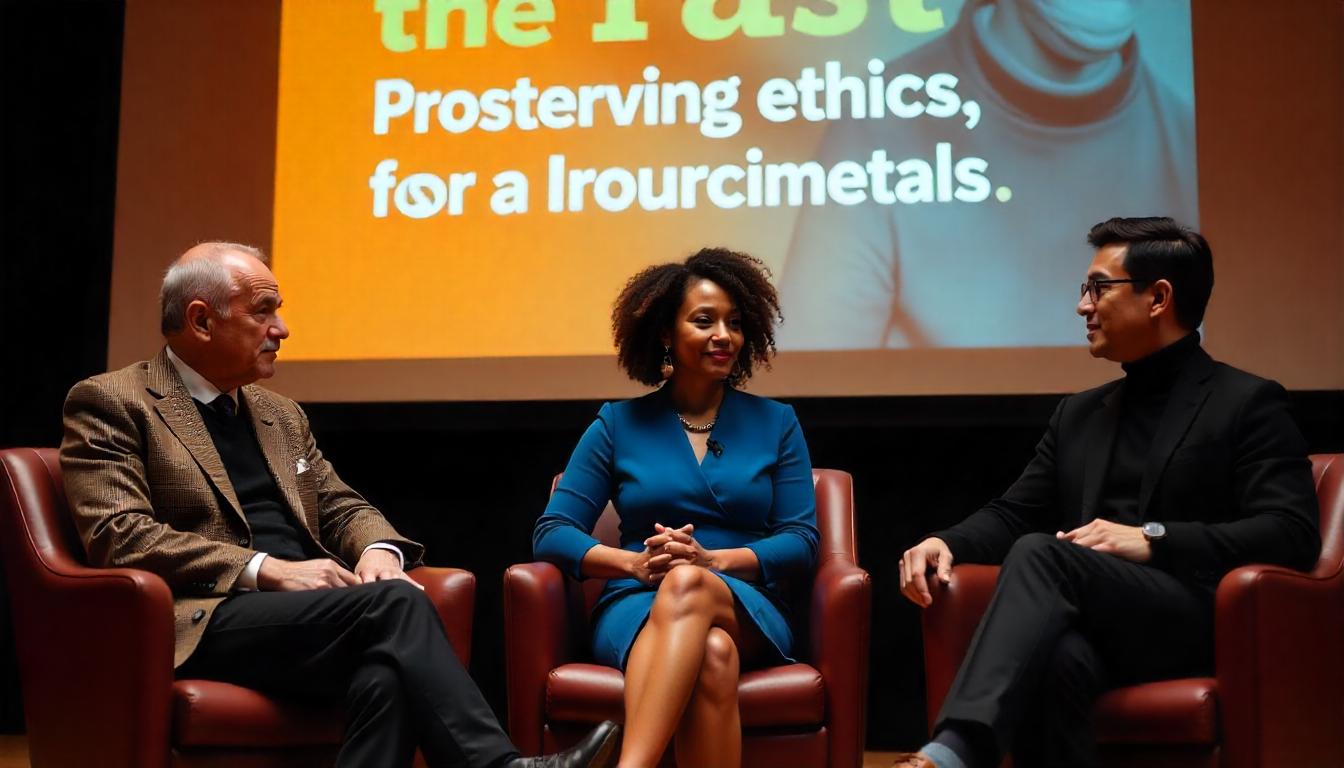In a world increasingly defined by the transient scroll of social media feeds and the vanishing stories of 24-hour cycles, digital archives offer an unlikely form of permanence. They are modern reliquaries—repositories of memory, culture, and identity. But with this digital preservation comes a complex ethical landscape, where memory collides with privacy, and curation wrestles with consent. The question isn’t just whether we can preserve everything, but whether we should.
Take, for example, themed digital archives such as Kristen’s Archives, a controversial yet longstanding collection of erotic literature that spans decades. Though its contents lie far from academic, its endurance invites reflection on how communities construct and protect spaces of personal expression, even when they exist outside the mainstream. These archives are more than just collections—they are cultural time capsules. They reflect the values, fantasies, fears, and identities of their contributors and readers. And, like any cultural artifact, they ask to be preserved and interpreted with care.
The Archive as Memory
Digital archives play the role once held by diaries, scrapbooks, and family photo albums. They allow people to narrate their stories, protect the integrity of subcultures, and share identity-affirming content that may not have a home elsewhere. In doing so, they serve as collective memory systems—ones that aren’t filtered through institutions or publishing houses, but rather, self-built and self-guarded.
But memory is fragile. Unlike paper journals hidden in a drawer, digital memories can be erased instantly or overwritten without trace. Conversely, they can also persist long after their creators intended, bringing up questions of legacy and permanence. Who gets to decide what is remembered and what is forgotten? The curators of digital archives carry a responsibility not only to preserve, but to interpret and protect.
Between Privacy and Preservation
One of the deepest tensions in the creation and maintenance of digital archives is the line between preservation and privacy. Archives like Kristen’s often include anonymous or pseudonymous contributions—pieces that may have once felt safe in their secluded online community. But as the internet evolved, so did the reach of these archives. What was once intimate can now be indexed by search engines, preserved by web crawlers, or spread without context.
When content—especially personal content—becomes detached from its original setting, the risk of harm grows. Writers may not have intended for their stories to be preserved indefinitely. Some may have changed, grown, or regretted what they wrote. The ethical archivist must weigh the importance of preservation against the right to be forgotten.
This dilemma doesn’t apply only to erotic or niche archives. It stretches across all domains—historical message boards, fanfiction sites, cultural forums, and even social media archives. The power to remember is also the power to expose. Archivists, whether formal or informal, must ask hard questions about consent and context: Were the creators informed? Were they anonymous for safety? Would they want their work preserved today?
The Emotional Weight of Digital Ruins
There’s a unique kind of grief tied to lost digital spaces. Communities built on shared interests or marginalized identities often find their history erased with a server crash or the end of a domain registration. In these moments, digital archives become a kind of cultural lifeboat. They preserve not just the content, but the emotional world around it—the in-jokes, the comment threads, the shared humanity of people finding a home in the digital unknown.
Archiving isn’t just about data—it’s about feeling. It’s about recognizing the intangible value of what a digital space meant to those who used it. When archivists save a site, they often do so out of love, nostalgia, or a deep sense of duty. The work is emotional, unpaid, and largely invisible, yet it carries tremendous cultural weight.
Toward a More Ethical Digital Future
As we navigate the expanding terrain of online memory, we need a framework that respects both the right to remember and the right to disappear. Consent should not be retroactively assumed. Digital archives must build tools that allow for takedown requests, nuanced copyright negotiations, and a deeper understanding of digital identity.
Moreover, the act of archiving should be accompanied by critical context. Metadata, disclaimers, and historical annotations help future readers understand not just what was preserved, but why it mattered, and how it came to be. This becomes especially important with themed archives like Kristen’s, where the content may provoke strong emotional responses or moral judgments.
Conclusion: Saving More Than Stories
In the end, digital archives are acts of love and defiance. They resist erasure in a world that often moves too fast to remember. They allow us to glimpse into private worlds, explore long-lost communities, and feel connected to a past that is both deeply personal and profoundly cultural.
Yet with that power comes the ethical burden of stewardship. To preserve the past is not just to hold onto data, but to care for the lives, emotions, and intentions behind it. Whether we are saving an ancient forum post, an erotic short story, or a digital scrapbook of a now-defunct fan site, we must do so with reverence. Because these aren’t just bytes on a server—they’re echoes of human experience.


